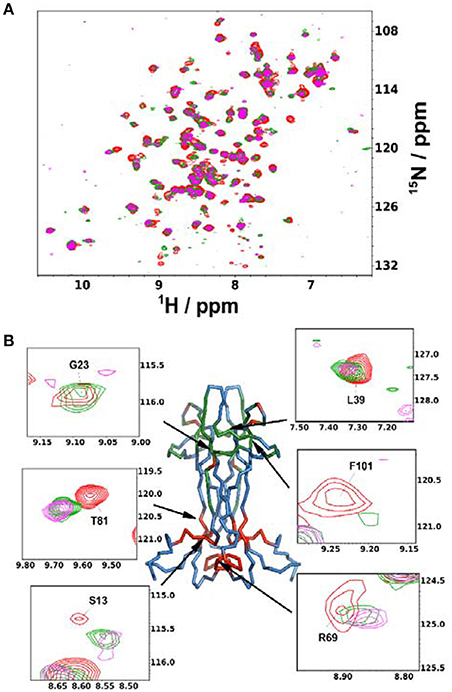Chance Encounter: The Secret Ingredient of Randomness
작성자 정보
- Elsa Wheeler 작성
- 작성일
본문

In the realm of gaming, there exists a fascinating yet often overlooked aspect of modern machining - the random number generator. These ingenious devices are the brainchild of mathematicians who sought to create an algorithm capable of producing a sequence of numbers that, at least statistically, appears random. This cocktail of chance has led to numerous breakthroughs in fields such as cryptography.
At its core, a random number generator 1bet (RNG) uses elaborate algorithms to produce a sequence of numbers within a predefined range, typically between 1 and 100. These numbers are supposed to be distinct, meaning that the outcome of one number draw should not affect the outcome of subsequent draws. This unpredictability is crucial in various applications, such as online games like lottery drawings.
There are generally two approaches to RNG development: hardware-based methods. Software-based RNGs utilize complex algorithms like radioactive decay in electronic systems to generate random numbers. These methods are often considered to be more trustworthy since they are less susceptible to software manipulation. However, they are also typically more costly to develop.
On the other hand, software-based RNGs rely on intricate algorithms and mathematical techniques to generate random numbers. While these methods can produce statistically valid results, they are often prone to vulnerabilities such as bias. To overcome these issues, programmers employ various techniques such as XORing to hide the underlying patterns. These efforts aim to create an algorithm that is effective against attempts to exploit the sequence.
One of the most prominent types of hardware-based RNGs is the Mersenne Twister. This method uses a series of algebraic equations to generate a new random number, based on the previous value. The Mersenne Twister has been widely used in various applications and has been shown to be successful in generating random numbers that pass many randomness tests.
However, in recent years, researchers have identified limitations and exploits in the LCG algorithm. These have led to the development of more advanced methods, such as the Fortuna PRNG. The LCG algorithm combines elements from various sources, including hardware data, to generate random numbers.
As science continues to advance, our understanding of chaos is expanding. Advances in areas such as chaos theory will undoubtedly shape the future of random number generation. Furthermore, ongoing research in areas like machine learning may help to enhance existing methods and create new ones that better mimic genuine randomness.
While our curiosity with luck has led to major innovations in computing, a deeper admiration for the engineering behind random number generators can only enrich our admiration for the research that shape our world.
관련자료
-
이전
-
다음
